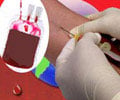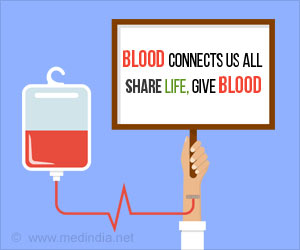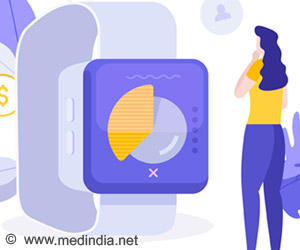The World Blood Donor Day is observed on 14th June every year. This year the campaign focuses on encouraging blood donation so as to face emergency situations.
- Blood is an essential resource and an important component of an effective health system.
- The World Blood Donor Day is observed on 14th June every year to raise awareness about the need for blood donation and also to thank donors who donate blood in order to save lives.
- This year the World Blood Donor Day campaign mainly focuses on donating blood for emergency crisis.
- The World Blood Donor Day is observed all over the world on 14th June each year. The day is commemorated to raise awareness on the need for safe blood and blood products and also to thank blood donors who donate their blood in order to save lives.
Blood Donor Campaign 2017
Millions of lives are affected every year due to emergencies. More than 1 million deaths and 250 million people are affected by emergencies every year in the last decade. The slogan for this year’s campaign:What can you do?
Give blood. Give now. Give often.The host country for this year’s global event on 14th June is Vietnam through the National Institute of Hematology and Blood Transfusion (NIHBT).
Objectives of the Blood Donation Campaign
- Encourage people to strengthen preparation for health services in the country by donating blood.
- Engage in authorities to establish effective national blood donor programs to respond properly to increasing blood demand during emergencies.
- Promote the inclusion of blood transfusion services in emergency preparedness and response activities.
- To build a wider awareness of the need for year-round blood donation to maintain adequate supplies and achieve national self-sufficiency of blood.
- To thank individuals who donate blood regularly and to encourage young people to become new donors.
- To promote international collaboration and to ensure worldwide dissemination on the principles of voluntary unpaid donation while increasing blood safety and availability.
Medindia: Is blood donation generally on paid or voluntary basis?
Dr Nikte: Blood donations should be 100% voluntary and paid donations are illegal.
Medindia: How can we encourage people to donate blood?
Medindia: What is your message on this World Blood Donor’s Day?
So my message would be, If you have not donated earlier, at least donate now. If you are already a regular donor, keep donating.
Facts on Blood Transfusion
- Around 112.5 million units of blood that is donated are collected globally every year to save lives and improve health.
- Blood transfusions can help to support various treatments.
- A stable base of regular, voluntary and unpaid blood donors can produce an adequate and reliable supply of blood.
- 100% of blood supplies in 57 countries are collected from voluntary unpaid donors.
- The annual blood donations per center in high-income countries is 15, 000 when compared to only 3100 in the middle- and low-income countries.
- Donated blood should always be screened for HIV, Hepatitis B, Hepatitis C and syphilis.
- A single unit of blood can be separated into different components to benefit several patients.
References:
- World Blood Donor Day, 14 June 2017 - ( http://www.who.int/campaigns/world-blood-donor-day/2017/event/en/)
- World Blood Donor Day 2017 - (http://www.who.int/campaigns/world-blood-donor-day/2017/en/)
- 10 facts on blood transfusion - (http://www.who.int/features/factfiles/blood_transfusion/en/)
Source-Medindia













